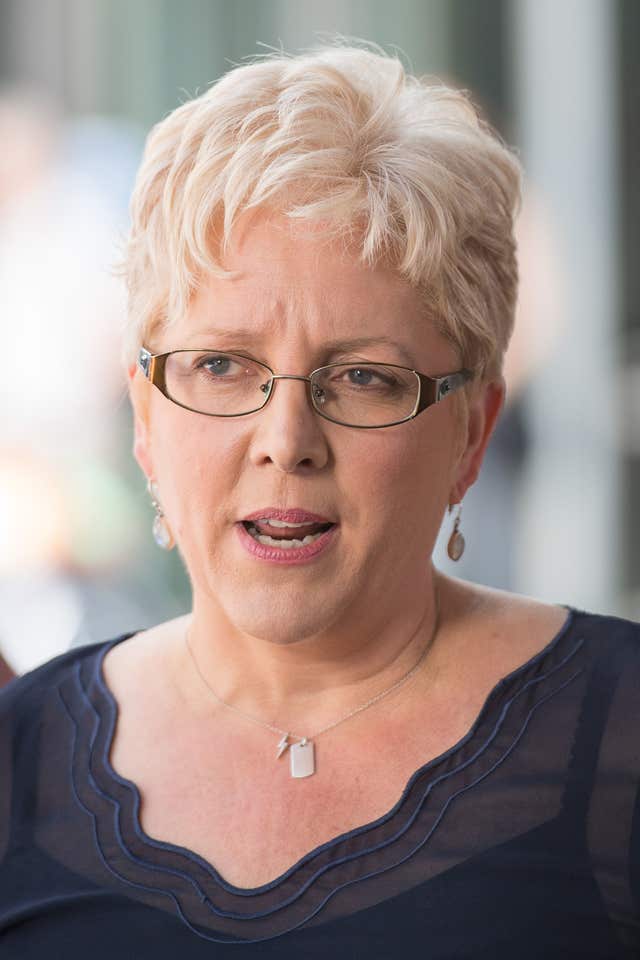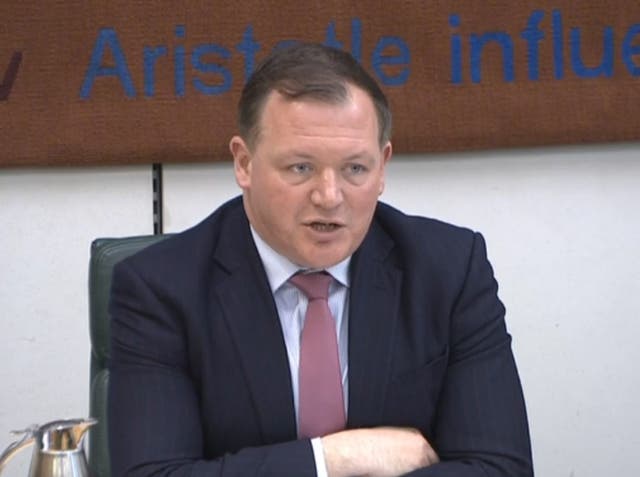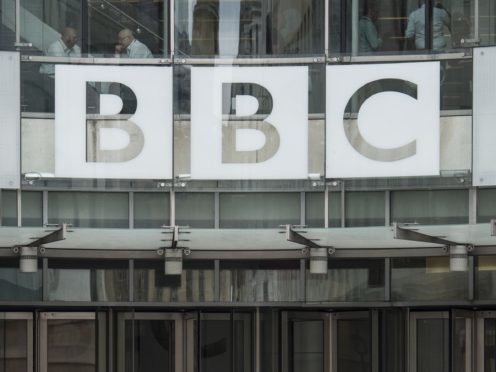Female employees at the BBC face an “incredibly long and frustrating process with no immediate end in sight” to have grievances about pay inequality addressed, Damian Collins has said.
The chairman of the Digital, Culture, Media and Sport (DCMS) Committee said the BBC must commit to resolving outstanding complaints in the next six months after a report by the group of MPs said the corporation is failing women who suffer under an “invidious culture” of discrimination.
The broadcaster was branded a “disgrace” for allegedly coercing staff to work with no rights to sick pay, maternity leave, pensions or other benefits.
An inquiry into equal pay at the corporation was launched by the committee following the resignation of former China editor Carrie Gracie.

Mr Collins told BBC Radio 4’s Today programme: “We’ve spoken to lots of women at the BBC, some of them household names who don’t wish to have their identity revealed because they are concerned about their own situation, who say it’s been an incredibly long and frustrating process with no immediate end in sight in trying to get these grievances addressed properly.
“That is not satisfactory and that is why we have said what the BBC should commit to now is a hard stop on this process and say within the next six months all outstanding complaints around equal pay will be resolved and settled.”

The report found that although the BBC has a smaller gender pay gap than other organisations, it still has problems ensuring the same pay for the same work.
The report said salaries are set by “an opaque system of discretionary decisions by individual managers”, who have “devolved powers to make their own personal choices on staff pay”.
Woman’s Hour presenter Jane Garvey, who has been outspoken on gender pay, told the Press Association: “MPs on the committee sound as frustrated by the pace of change at the BBC as we are.

“The grievance process is complicated, stressful and time-consuming, and the new pay framework does nothing to help women compare salaries to men doing the same work.
“In a week where thousands of council workers in Glasgow have gone on strike over equal pay, this is an illustration that wherever you live in Britain, and whatever you do, chances are if you’re female, you’re still not getting equal pay.”
Evidence in the report suggested some presenters were “forced” to establish outside personal service companies (PSCs), from which they would be hired to work by the BBC.
BBC presenter Kirsty Lang says all her 'worst fears' about going freelance came true. 'Not long after I went freelance, my step-daughter died suddenly, I was unable to take bereavement leave.' @bbckirstylang pic.twitter.com/WisBAnbQzT
— BBC Parliament (@BBCParliament) March 20, 2018
The report claimed this resulted in workers having “no entitlement to sick pay, holiday pay, maternity leave, pension rights or other benefits, because their contract is with the PSC not the BBC itself”.
This was, according to the report, a BBC policy for engaging presenters between 2007 and 2012.
Some staff are being investigated for unpaid tax liabilities of hundreds of thousands of pounds as a result of the BBC’s arrangement.
The BBC said: “While we still have more to do, much of this report is already out of date.
“Recent disclosures by other media organisations show that the BBC’s gender pay gap is amongst the smallest and well below the national average. But we do hold ourselves to a higher standard.
“That is why our action on pay has seen the BBC make real progress in addressing equal pay cases; carry out an independent audit of equal pay overseen by a former Court of Appeal judge; introduce independent oversight so that disputes can be resolved; take clear steps to rebalance top talent pay; reform our pay structure to ensure fairness and give an unprecedented level of transparency and information about pay ranges for all staff; and set up independent reviews to see what further steps should be taken on pay transparency.
“That’s why so many colleagues have contributed to projects we’re doing – on gender, ethnicity, disability, LGBT and socio-economic diversity. We all want to make this a great place to work, where people are properly rewarded for their expertise and experience.”
